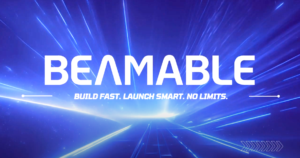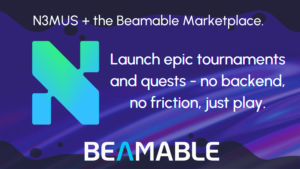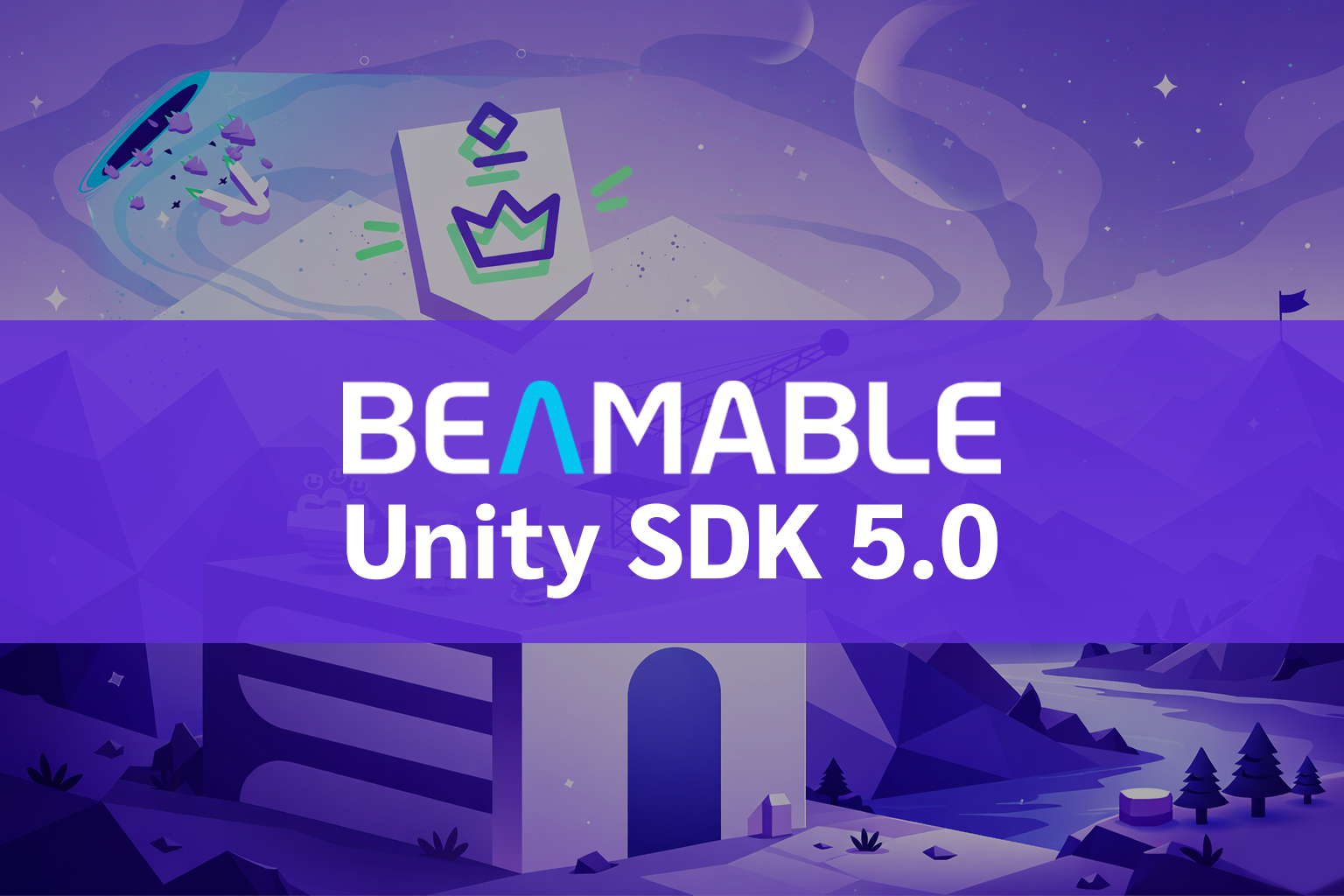Beamable SDK Review – October 2022

Beamable SDK Review – October 2022
In October, Beamable released SDK versions 1.4.0 through 1.5.2. Watch this overview with Beamable engineer Chris Hanna for a tour of features, or check out this quick blog post of notable enhancements.
Microservice Stability
We’ve spent a lot of time focusing on Microservice stability over the past month. Several bugs have been addressed, including Microservices being stopped when entering Play mode, errors during Microservice building, DockerNotInstalled exceptions, and various UI glitches. The publish flow for Microservices has also been improved and the TaskCancelled exception and curlError issues have been resolved.
Party SDK
In Beamable 1.4.0, we released the Party SDK. The Party SDK allows players to invite their friends to groups before entering a Lobby or Matchmaking. Each Party has a leader, and when the leader is placed into a match, the rest of the party will be as well. The party leader can promote or remove other members of the party. The Party SDK is built with Beamable’s observable SDK pattern to make it ergonomic and easy to work with.
Unity Asset Store
Beamable is now available to download from the Unity Asset Store. Previously, Beamable could only be downloaded from the Unity Package Manager. You can download and import Beamable into your projects from the Unity Asset Store, without the hassle of needing the old Beamable package installer. Beamable distributions will continue on Unity Package Manager and are still the place to get access to the latest builds and preview releases before they become available on the Asset Store.
Auto-Generated SDK
The SDK includes an advanced way to communicate with the Beamable servers. The Beamable APIs are documented with the standard Open API specification. The Open API specifications are used to automatically generate C# client code that can be used alongside the regular Beamable SDK. Of course, we recommend that you use the Player-Centric SDK whenever possible, but there may be highly customized scenarios beyond what is already covered by the Player-Centric SDK. In those cases, the auto-generated SDK provides a bare-bones way to communicate with Beamable without introducing any abstractions.
SDK Enhancements
Between Beamable 1.4.0 and 1.5.0, there have been many usability improvements to the SDK. The Search Stats method accepts more types for query parameters, such as long, to enable searching for stats with the greater-than or less-than operators. The SimNetworkEventStream can be augmented with a custom fault tolerance algorithm. Custom Content C# classes now support nullable primitive types. MailUpdate and MailSend objects support expiration dates. Check out the changelogs below for a full list of improvements!
Change Logs
Our changelogs can be found at
https://github.com/beamable/Changelogs/blob/production/com-beamable-changelog.md




